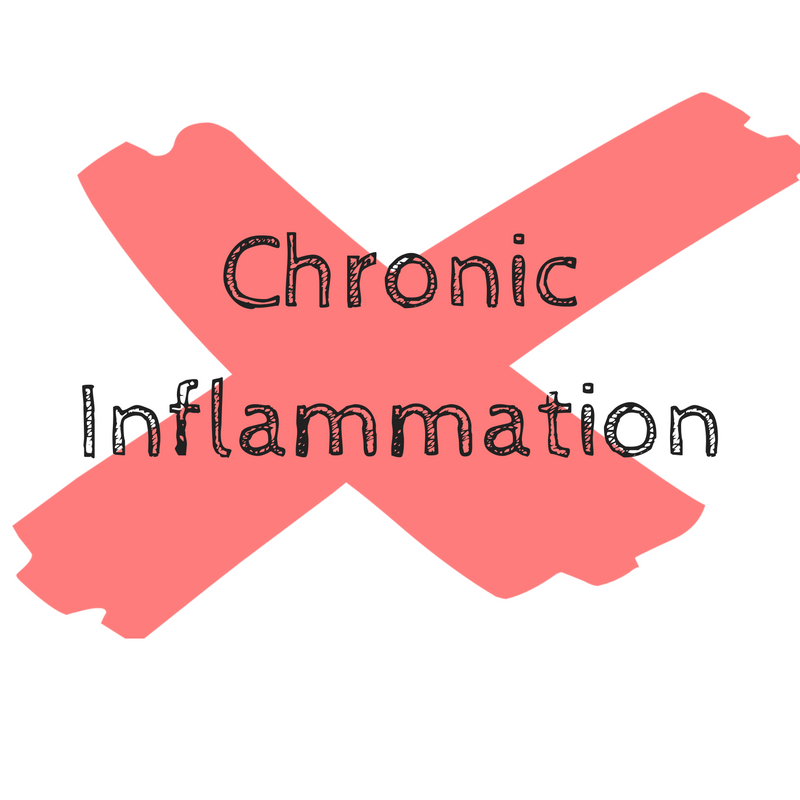 I often get asked about inflammation. Specifically, what can be done to reduce it? So this month I’m giving you my top tips for reducing chronic inflammation.
I often get asked about inflammation. Specifically, what can be done to reduce it? So this month I’m giving you my top tips for reducing chronic inflammation.
It is important to appreciate that “inflammation” is an umbrella term used to describe a process that is essential for good health. When inflammation becomes chronic, however, it is a sign that there is an underlying health problem and this often leads to disease.
I’ve written before on inflammation, offer a whole course through the Stanford Continuing Studies program dedicated to Inflammation and Disease, and I teach the lifestyle habits that help reduce unwanted chronic inflammation in my Do Your Body a Favor program. It’s that important!
Here are my Top 10 Tips for Reducing Chronic Inflammation:
- Eliminate or severely limit ultra-processed foods – ultra-processed foods often contain “bad” fats, highly refined grains, and added sugar, along with additives that can undermine your health and increase inflammation.
- Reduce or eliminate foods with added sugar – added sugar has come under fire in recent months as studies have shown it may be more responsible for chronic diseases than saturated fat. This does not include the sugar found in fresh fruit.
- Limit your saturated fat consumption – while saturated fat has gotten a bad wrap, it still isn’t good for you in large quantities. It has a direct impact on inflammation while monounsaturated and polyunsaturated fats appear to be anti-inflammatory when consumed in moderation.
- Get quality sleep – inflammation is directly influenced by how much and the quality of sleep that you get. Most people need 6-9 hours of sleep for optimal health.
- Exercise regularly – Your body relies on adequate exercise and movement throughout the day to help control inflammation.
- Focus on a plant-based diet – plants offer us a wealth of anti-inflammatory compounds. You don’t have to become a vegetarian but make an effort to get adequate amounts of green veggies, fresh fruit, whole grains, and legumes into your daily diet. Of course, avoid any foods that you may be sensitive or allergic to!
- Limit your alcohol consumption – limited alcohol consumption may have beneficial effects for some but too much will increase inflammation.
- Manage your stress – chronic stress is a guaranteed way to drive up your inflammation levels. Take steps to manage your stress.
- Promote a healthy gut microbiota – the gut microbiota (gut bacteria) are responsible for much of our health and have a direct influence on the immune system and inflammation. Be sure you get a daily dose of pre- and probiotics.
- Get your micronutrients – having micronutrient deficiencies can starve the body of the vitamins and minerals it needs to balance inflammation. It’s best to get micronutrients from your diet rather than supplements.
There you have it! My top 10 tips for managing and reducing chronic inflammation. Use the links above to learn more.
Until next time, stay well!
Dr. Tobi Schmidt
